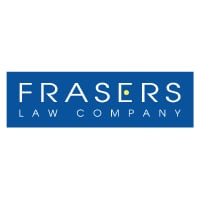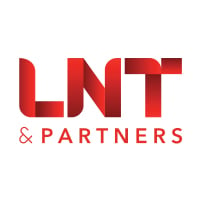

Legal counsel | Nghi Son 2




Nguyen Cao Thang
Legal counsel | Nghi Son 2
What are the most significant cases, projects, or transactions that you and your legal team have recently been involved in?
During my role as an in-house legal counsel at Nghi Son 2 Power Limited Liability, the most notable cases I handled involve a side agreement for dispatch and handover of electrical interconnection facility (EIF) under Power Purchase Agreement (PPA) with Vietnam Electricity (EVN). These cases were particularly significant as they have resolved issues of operation arising from project documents.
How do you approach managing legal aspects during periods of instability or crisis to ensure the organisation’s resilience?
In cases of crisis or instability, I focus on identifying all potential legal risks for an entity and advising suitable resolutions that fit into our actual operation. Among resolutions to be suggested, relevant clauses in contracts such as force majeure and changes in law should be drafted in a way that can safeguard the entity’s interests at most in case of crisis. By doing that, I can manage legal risks from the crisis or instability whether they are immediate or contingent to the entity.
What do you think are the most important attributes for a modern in-house counsel to possess?
In my opinion, the most important attribute is being empathetic. When acting as an in-house consultant in an entity, a lawyer should be empathetic about difficulties the entity or its frontline team is encountering. By having such empathy, in-house counsel become more open-minded in listening to issues the entity faces and less risk-averse when brainstorming from legal perspectives. Empathy can also help in-house counsel communicate more efficiently with colleagues in other fields, ensuring they have enough information to provide advice in a way that best safeguards the entity’s legal interests. These advantages of being an empathetic lawyer might make it the most essential trait for a modern in-house counsel.
Based on your experiences in the past year, are there any trends in the legal or business world that you are keeping an eye on that you think other in-house lawyers should be mindful of?
Artificial Intelligence (AI) should be a trend for any in-house lawyer to keep observing. In situations where technology advances rapidly, most multi-national corporations are using AI in their own business because it appears to be an efficient and affordable tool to support business in various aspects. Legal jobs are not outside this trend, and in-house legal counsel should be ready to encounter new challenges from the widespread use of AI. Having said that, while AI is becoming more intelligent and improving day by day, it cannot replace humans with certain types of work that require logical strategies on a case-by-case basis. In this regard, in-house counsel should focus on improving their problem-solving skills, enabling themselves to control and master AI rather than depend on it.